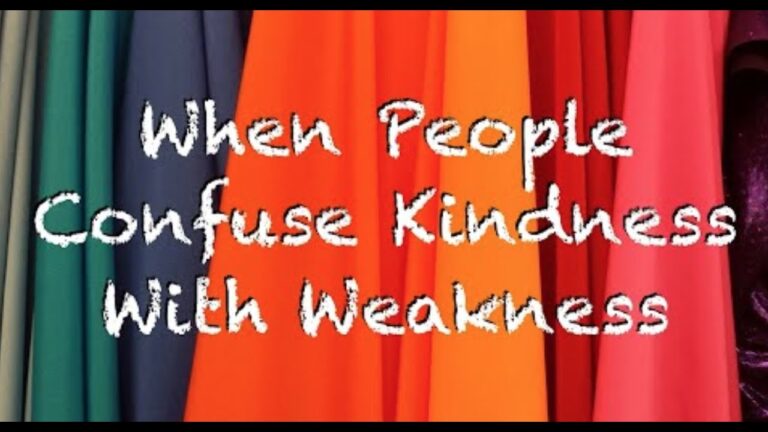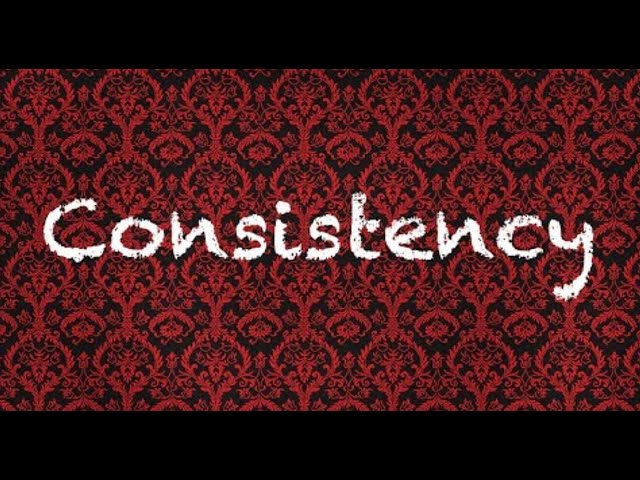Make Friends with Loneliness

Loneliness: Making Friends with the Worst Enemy
Loneliness is a powerful emotion that everyone has experienced at some point in their lives. It is not just about being alone, but rather the feeling that you do not matter to anyone in this world. This subjective feeling can be crushing, especially when you are in a crowd of people who seem to be happy and connected while you feel isolated and invisible. Loneliness is a common consequence of the freedom and individualism that our society values. In this blog, we will explore the concept of loneliness and how to make friends with it to overcome its negative impact on our lives.
Key Takeaways
- 🚪 Loneliness is a formidable adversary that cannot be conquered; instead, it must be befriended.
- 🤔 Loneliness isn’t just about being alone; it’s the feeling of insignificance to anyone else.
- 🌐 Loneliness isn’t confined to physical solitude; it can also manifest in the presence of those who should care about you.
- 🔄 The freedom in modern society offers opportunities for personal transformation but also opens the door to loneliness.
- 💬 Understanding the roots of loneliness helps in addressing and overcoming it effectively.
- 🗣️ Loneliness can be masked by distractions like work but tends to resurface with more success and achievement.
- 🤝 To cope with loneliness, cultivate a relationship with yourself by engaging in internal conversations and reflections.
- 💔 Soul-crushing loneliness can make one feel utterly insignificant and ignored by the world.
- 🦸♂️ Recognizing that nobody cares about you can serve as a starting point to build meaningful connections and combat loneliness.
The Loneliness in a Crowded Room
Have you ever been to a club or a gathering where you felt completely alone despite being surrounded by people? This is the kind of loneliness that is most soul-crushing. It is the feeling of not belonging, of being invisible to those around you. In these moments, it becomes evident that loneliness is not about physical proximity to others, but rather about feeling disconnected from them. When everyone else is happily engaged in their own groups, it can intensify the sense of isolation and insignificance.
The Loneliness of Familiar Faces
Even more devastating is the loneliness we feel when we are with the people who are supposed to love us. The sense that we do not matter to our parents, siblings, spouse, or significant other can be incredibly crushing. This kind of loneliness can leave us questioning our worth and value as individuals. It is important to recognize that this feeling is not a reflection of our true worth, but rather a subjective emotion that we have to guard against.
The Freedom and Loneliness Paradox
Our society values freedom and offers countless opportunities for personal growth and transformation. We are not bound by the circumstances of our birth, and we can strive to become whoever we want to be. However, this freedom comes with a cost – loneliness. In more rigid and traditional societies, individuals may experience a lack of freedom but enjoy stronger social connections and a sense of belonging. The trade-off for our freedom is the risk of feeling disconnected and alone.
Making Friends with Loneliness
The first step in overcoming loneliness is making friends with it. This may sound counterintuitive, but by accepting and acknowledging our loneliness, we can begin to understand its origin and impact on our lives. Rather than trying to ignore or suppress our loneliness, we can explore it and learn from it.
Distracting Ourselves from Loneliness
Many people try to distract themselves from loneliness through various means, such as work. Engaging in work or other activities can temporarily alleviate the feeling of loneliness, but it is not a long-term solution. It is important to recognize that distractions may provide temporary relief, but they do not address the root cause of our loneliness.
Becoming Our Own Best Friends
A valuable approach to making friends with loneliness is to become our own best friends. This involves engaging in internal conversations as if we were someone else. While this may sound peculiar, it can be a powerful tool for combating loneliness. By having conversations with ourselves, we can gain perspective, understand our emotions, and provide ourselves with the support and care we need.
Reflecting on Our Past and Future Selves
We can also learn from our past and envision our future selves as part of the process of making friends with loneliness. Reflecting on our past experiences and the different versions of ourselves can help us gain insight and provide guidance for our present and future. By having conversations with our past, present, and future selves, we can develop a deeper understanding of who we are and who we want to become.
Building Connections and Finding Our Tribe
While making friends with loneliness is important, it is equally important to take proactive steps towards building connections with others. Loneliness can be an indicator that we lack meaningful relationships in our lives. To overcome this, we must seek out the people who can fill that void and provide the sense of belonging and connection we desire.
Creating a Supportive Network
Building a network of people who genuinely care about us is crucial for combating loneliness. This can include friends, family, or even joining social or interest-based groups where we can find like-minded individuals. By surrounding ourselves with people who value and appreciate us, we can diminish the impact of loneliness on our lives.
Embracing Vulnerability
Opening ourselves up to others and being vulnerable is essential in building genuine connections. It can be scary to let others in and show our true selves, but it is necessary for creating meaningful relationships. By sharing our experiences, thoughts, and emotions with others, we invite them to do the same, fostering a sense of belonging and understanding.
Seeking Professional Help
If loneliness persists and becomes overwhelming, seeking professional help is a viable option. Therapists, counselors, or support groups can provide valuable guidance and support in navigating the challenges of loneliness. They can help us explore the root causes of our loneliness, develop coping strategies, and provide a safe space to express our emotions.
Conclusion
Loneliness is a powerful and pervasive emotion that can have a significant impact on our well-being. By making friends with loneliness, we can gain valuable insights into ourselves and our needs. Through internal conversations and self-reflection, we can develop a deeper understanding of who we are and how to navigate our loneliness. Additionally, building connections with others and finding our tribe can provide the sense of belonging and connection necessary to overcome loneliness. Remember, loneliness may be our worst enemy, but with the right mindset and actions, we can transform it into a catalyst for personal growth and fulfillment.






